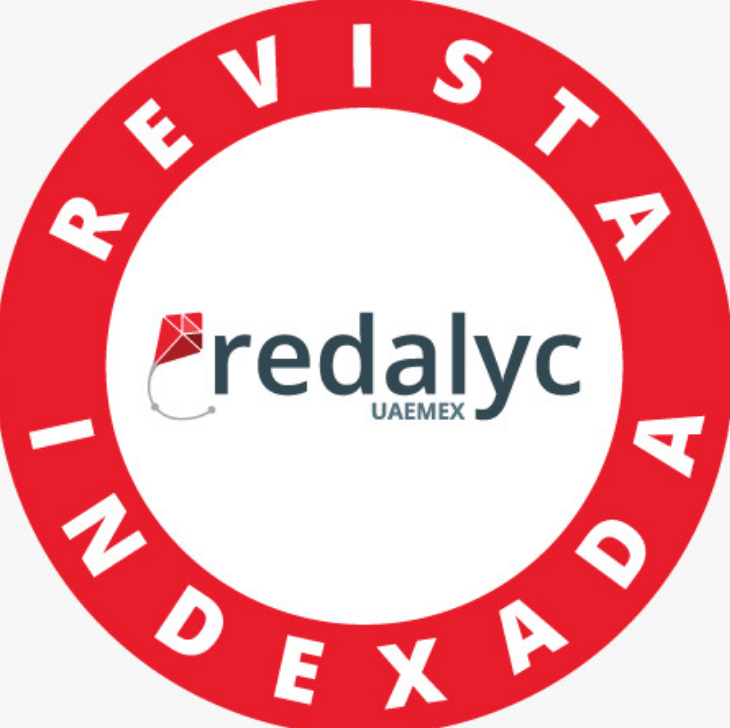Development of a Mobile Application to Manage the Personal Agenda of People with Total Visual Impairment
Keywords:
Visual Disability, Accessability, Scrum, Mobile ApplicationAbstract
In this work, we develop a personal agenda mobile application oriented to people with total visual impairment, which works as a personal agenda supporting the lack of this functionality in existing applications. The application allows adding contacts, listing scheduled events, scheduling personalized reminders and notifying events to contacts. The project was developed using a research design methodology and the Scrum framework for the development of the artifact, Scrum allows for better planning of tasks within the development of the mobile application. In addition, it facilitates changes or new requirements that arose during the development of the mobile application. The project was divided into a total of 6 Sprints of approximately 2 weeks each. The mobile application was developed using the Kotlin programming language, and an integration with the Firebase RealTime Database was performed for the storage of a usability survey integrated within the application. For the development of the accessibility and usability tests we had the support of the PROCODIS Foundation (Promotora de Comunicadores con Discapacidad Visual), people with visual impairment who have experience using mobile devices. In addition, accessibility tests were performed using Google own tools for Android devices throughout the development of the application.
Downloads
Downloads
Published
Issue
Section
License
Copyright Notice
Authors who publish this journal agree to the following terms:
- Authors retain copyright and grant the journal right of first publication with the work simultaneously licensed under a Creative Commons Attribution-Non-Commercial-Share-Alike 4.0 International 4.0 that allows others to share the work with an acknowledgement of the work's authorship and initial publication in this journal.
- Authors are able to enter into separate, additional contractual arrangements for the non-exclusive distribution of the journal's published version of the work (e.g., post it to an institutional repository or publish it in a book), with an acknowledgement of its initial publication in this journal.
- Authors are permitted and encouraged to post their work online (e.g., in institutional repositories or on their website) prior to and during the submission process, as it can lead to productive exchanges, as well as earlier and greater citation of published work.
Disclaimer
LAJC in no event shall be liable for any direct, indirect, incidental, punitive, or consequential copyright infringement claims related to articles that have been submitted for evaluation, or published in any issue of this journal. Find out more in our Disclaimer Notice.











